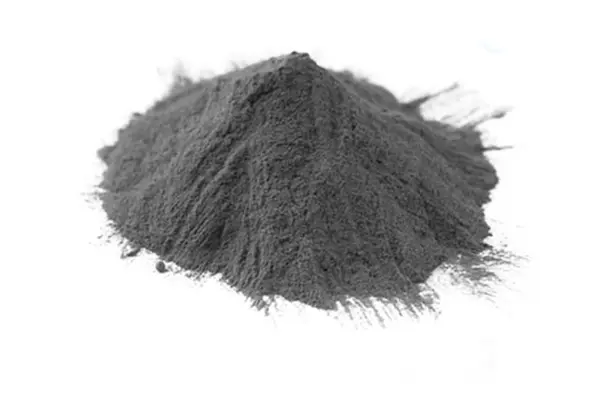Aluminum powder, a fine granular form of aluminum metal, is widely used across various industries, from fireworks and paints to electronics and aerospace. While its applications are diverse, significant health and safety concerns are associated with its use. This article explores whether aluminum powder is hazardous, examining its properties, potential risks, and safety measures.
Understanding Aluminum Powder
Aluminum powder is created by grinding aluminum into fine particles. It is highly flammable and reactive, particularly in its powdered form, making it a key component in pyrotechnics, explosives, and even rocket fuel. Its reflective and anti-corrosive properties are also valuable in paints, coatings, and conductive materials.
Health Hazards
Inhalation Risks
One of the primary health concerns with aluminum powder is inhalation. When inhaled, aluminum particles can enter the respiratory system, potentially leading to lung diseases. Chronic exposure to aluminum dust can cause conditions such as:
- Pulmonary Fibrosis: A condition where lung tissue becomes damaged and scarred, leading to breathing difficulties.
- Aluminous: Also known as aluminum lung, this disease is characterized by lung inflammation and fibrosis due to prolonged inhalation of aluminum dust.
The International Agency for Research on Cancer (IARC) has classified aluminum production as possibly carcinogenic to humans, indicating a potential risk of cancer from long-term exposure to aluminum dust and fumes.
Dermal Exposure
Direct skin contact with aluminum powder can irritate. While not typically severe, repeated or prolonged contact can lead to dermatitis, characterized by red, itchy, and inflamed skin. Using protective gloves and clothing can mitigate these risks.
Ingestion and Systemic Effects
Although accidental ingestion of small amounts of aluminum powder is unlikely to cause severe harm, large quantities can be toxic. Aluminum can accumulate in the body, particularly affecting the nervous system. Studies have linked high levels of aluminum exposure to neurological disorders such as Alzheimer’s disease, although more research is needed to confirm these associations conclusively.
Fire and Explosion Hazards
Aluminum powder is highly flammable and poses significant fire and explosion hazards. When suspended in the air, aluminum dust can form explosive mixtures. Even a small spark can ignite these mixtures, leading to powerful explosions. This risk is particularly high in industrial settings where aluminum powder is produced or used extensively.
To prevent accidental fires and explosions, strict safety protocols must be followed, including:
- Proper Ventilation: Ensuring that work areas are well-ventilated to prevent the accumulation of aluminum dust.
- Spark Control: Eliminating potential sources of ignition, such as open flames, sparks, and static electricity.
- Dust Collection Systems: Using specialized equipment to capture and contain aluminum dust, reducing airborne concentrations.
Safety Measures and Regulations
To mitigate the hazards associated with aluminum powder, several safety measures and regulatory guidelines are in place. These include:
- Personal Protective Equipment (PPE): Workers handling aluminum powder should wear appropriate PPE, including respirators, gloves, and protective clothing.
- Material Safety Data Sheets (MSDS): Manufacturers provide MSDS with detailed information on handling, storage, and emergency measures for aluminum powder.
- Occupational Safety and Health Administration (OSHA) Guidelines: OSHA sets permissible exposure limits (PELs) for aluminum dust and provides guidelines for safe handling and exposure control.
Conclusion
Aluminum powder is a valuable industrial material with diverse applications, but it poses significant health and safety risks. Inhalation of aluminum dust can lead to serious respiratory diseases, and its flammability makes it a fire and explosion hazard. Adhering to strict safety protocols and regulatory guidelines is crucial to minimizing these risks and ensuring the safe handling and use of aluminum powder.
By understanding the hazards and implementing appropriate safety measures, industries can continue to benefit from aluminum powder’s unique properties while protecting workers and the environment from its potential dangers.
Post time: 8月-05-2024





